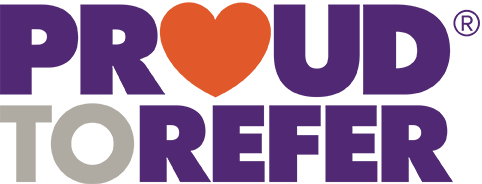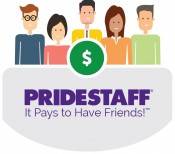Since COVID, there are a lot of people with a lot of resume gaps out there. While it’s good to know you’re not alone, it’s also good to figure out how to narrate any resume gaps during an interview process. We have answers that will help you stay prepared.
How to Talk About Resume Gaps
Prepare now to talk about any gaps that exist on your resume. We guarantee a potential employer is going to bring it up. A resume gap shouldn’t hamper your job search; however, you shouldn’t be too surprised that an employer is inevitably going to ask you about it.
We believe the best way to address an employment gap is to be truthful about why it occurred. You can structure your sentence by covering:
- Why you weren’t employed.
- What you did during that time.
- End with something like, “Returning to work has always been my number one goal. I’m ready to do that now.”
For example, say you left work for a time as you took care of a spouse or an older relative or were in some way a caretaker. You can share that you became a primary caretaker during that time and you are glad you were able to be there for your family. (End with: “Returning to work has always been my number one goal. I’m ready to do that now.”)
If you were laid-off, you could say something like, “Unfortunately, I was a victim of COVID downsizing, and my position was eliminated. But I left knowing I had valuable skills that I could apply to another position. I’ve been searching for a position like this one and I’m very interested and intrigued about getting back to work at your firm.
If you were fired, it always becomes a bit more delicate. But you can explain that you and the company just weren’t a fit. You had different expectations going into the role. You may realize now that there were things you could have done differently to change the outcome. In any case, you’ve learned a tremendous amount from experience and you are ready to move forward. (Note: Be prepared for the interviewer to ask you what you learned from being fired.)
What about taking time off for personal reasons? Maybe you were trying to finish up a degree that you had been putting off. Maybe you had enough money saved and wanted to travel and refocus after a particularly intense job. Either way, explain that you took time off to achieve a certain goal. (End with: “Returning to work has always been my number one goal. I’m ready to do that now.”)
It’s also a good idea to share with the employer if you learned some new skills during the gap in employment. What did you do to keep yourself busy or to learn new skills?
Having an employment gap isn’t a crime, but you should be prepared to address it. If you’re ready to start talking to employers who are looking for people with your skills, call on us. We can help.



